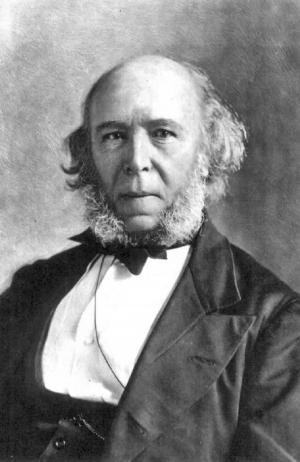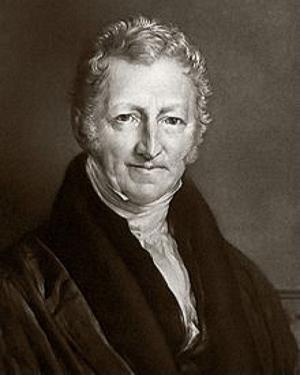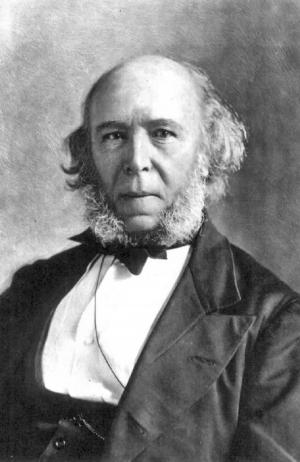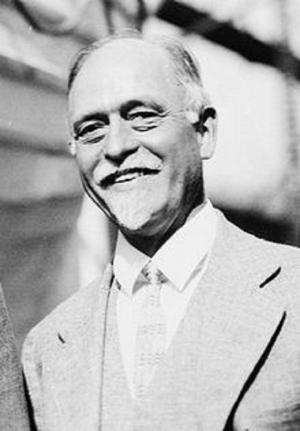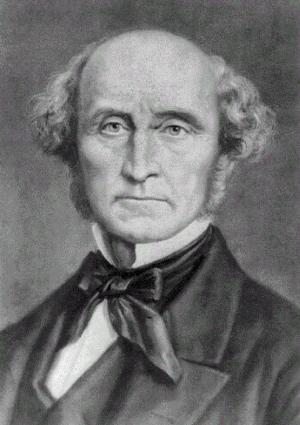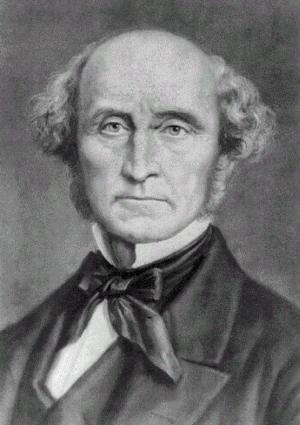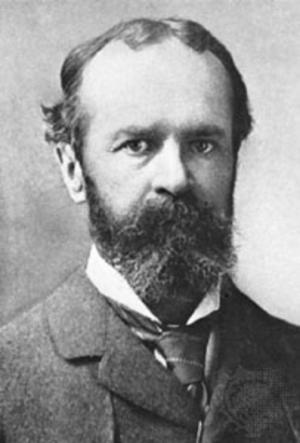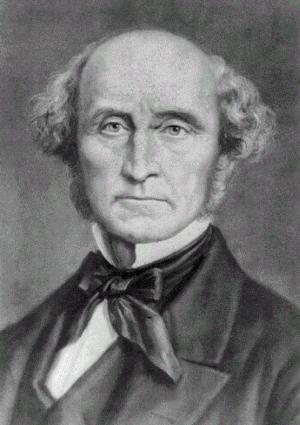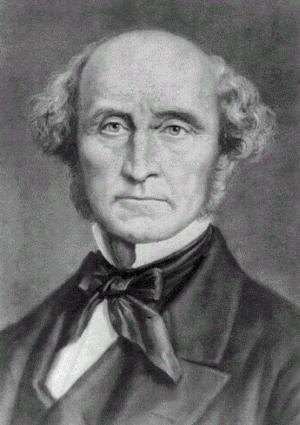John Stuart Mill Classic Collection (Illustrated)
Business & Finance, Economics, Macroeconomics, Theory of Economics| Author: | John Mill | ISBN: | 1230000278023 |
| Publisher: | AS Team | Publication: | November 2, 2014 |
| Imprint: | Language: | English |
| Author: | John Mill |
| ISBN: | 1230000278023 |
| Publisher: | AS Team |
| Publication: | November 2, 2014 |
| Imprint: | |
| Language: | English |
The book has an active table of contents for easy access to each chapter of the following titles:
1. PRINCIPLES OF POLITICAL ECONOMY – JOHN STUART MILL
2. ON LIBERTY – JOHN STUART MILL
3. UTILITARIANISM – JOHN STUART MILL
4. A SYSTEM OF LOGIC – JOHN STUART MILL
John Stuart Mill made essential contributions to social theory, political theory and political economy. He has been called "the most influential English-speaking philosopher of the nineteenth century".
The collection covers Mill’s most influential contributions to social theory, political theory and political economy.
The work, Principles of Political Economy by John Mill, is one of the most widely read of all books on economics in the world as Adam Smith's Wealth of Nations. Mill's Principles of Political Economy dominated economics teaching and the book is the standard text in Oxford University.
On Liberty by John Mill is another a greatly influential and popular work. The ideas presented in On Liberty have remained the basis of much liberal political thought in the modern world.
The work Utilitarianism by John Mill is a philosophical defence of utilitarianism in ethics. It contains Mill's only major discussion of the fundamental grounds for utilitarian ethical theory.
The work A System of Logic, Ratiocinative and Inductive by John Mill is to expound a psychological system of logic within empiricist principles. Mill proposed the five principles of inductive reasoning that are known as Mill's methods today. His work is important to the history of science as it is the foundation that John Mill would use to justify his moral, political and economic philosophies.
John Mill is known as one of the founders of economics. This is a must-read book for people who are interested in the deepest thoughts about the core economic subjects such as social theory, political theory, logic, and political economy by John Mill, one of the greatest thinkers on the planet.
The book has an active table of contents for easy access to each chapter of the following titles:
1. PRINCIPLES OF POLITICAL ECONOMY – JOHN STUART MILL
2. ON LIBERTY – JOHN STUART MILL
3. UTILITARIANISM – JOHN STUART MILL
4. A SYSTEM OF LOGIC – JOHN STUART MILL
John Stuart Mill made essential contributions to social theory, political theory and political economy. He has been called "the most influential English-speaking philosopher of the nineteenth century".
The collection covers Mill’s most influential contributions to social theory, political theory and political economy.
The work, Principles of Political Economy by John Mill, is one of the most widely read of all books on economics in the world as Adam Smith's Wealth of Nations. Mill's Principles of Political Economy dominated economics teaching and the book is the standard text in Oxford University.
On Liberty by John Mill is another a greatly influential and popular work. The ideas presented in On Liberty have remained the basis of much liberal political thought in the modern world.
The work Utilitarianism by John Mill is a philosophical defence of utilitarianism in ethics. It contains Mill's only major discussion of the fundamental grounds for utilitarian ethical theory.
The work A System of Logic, Ratiocinative and Inductive by John Mill is to expound a psychological system of logic within empiricist principles. Mill proposed the five principles of inductive reasoning that are known as Mill's methods today. His work is important to the history of science as it is the foundation that John Mill would use to justify his moral, political and economic philosophies.
John Mill is known as one of the founders of economics. This is a must-read book for people who are interested in the deepest thoughts about the core economic subjects such as social theory, political theory, logic, and political economy by John Mill, one of the greatest thinkers on the planet.


